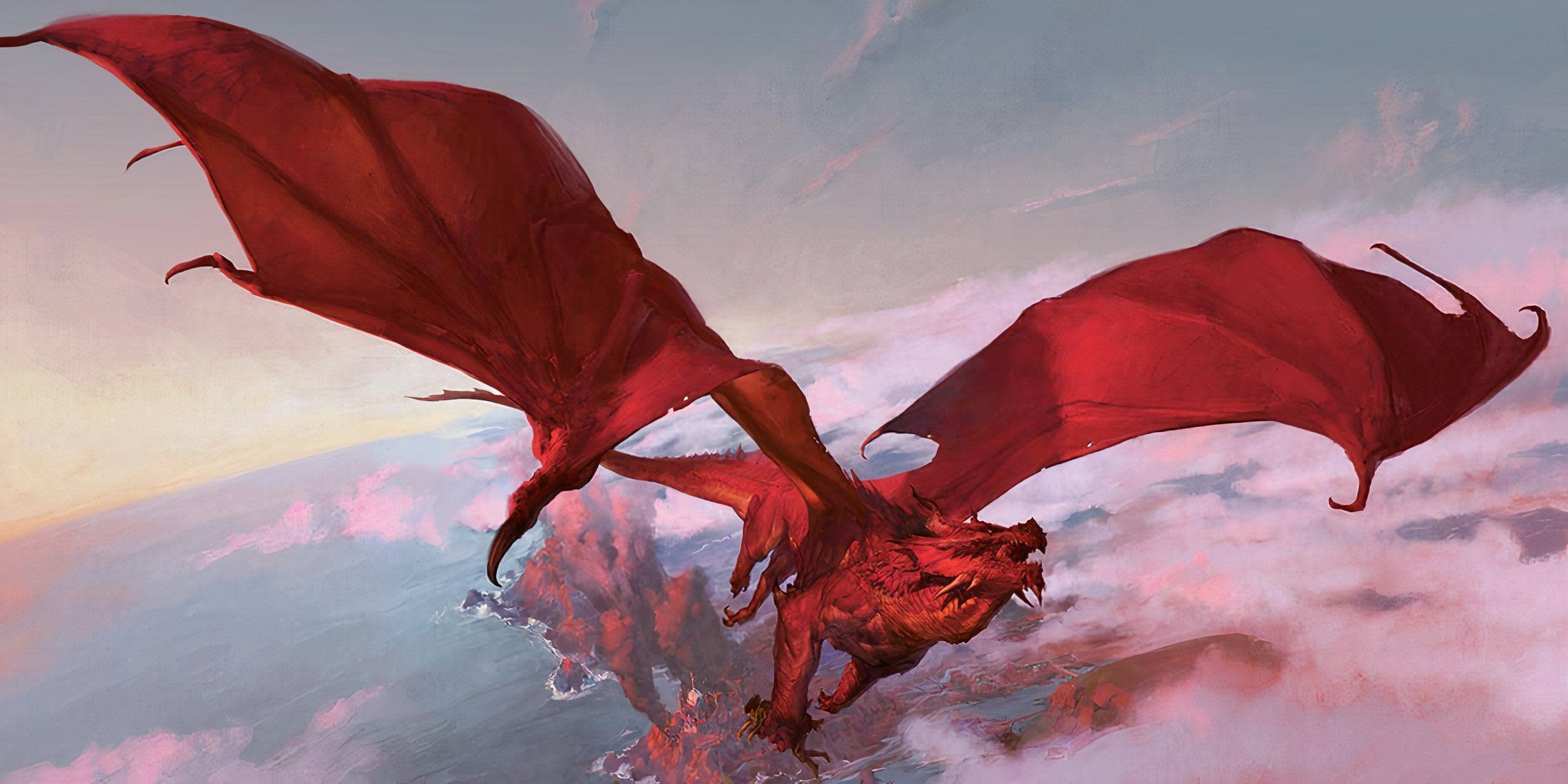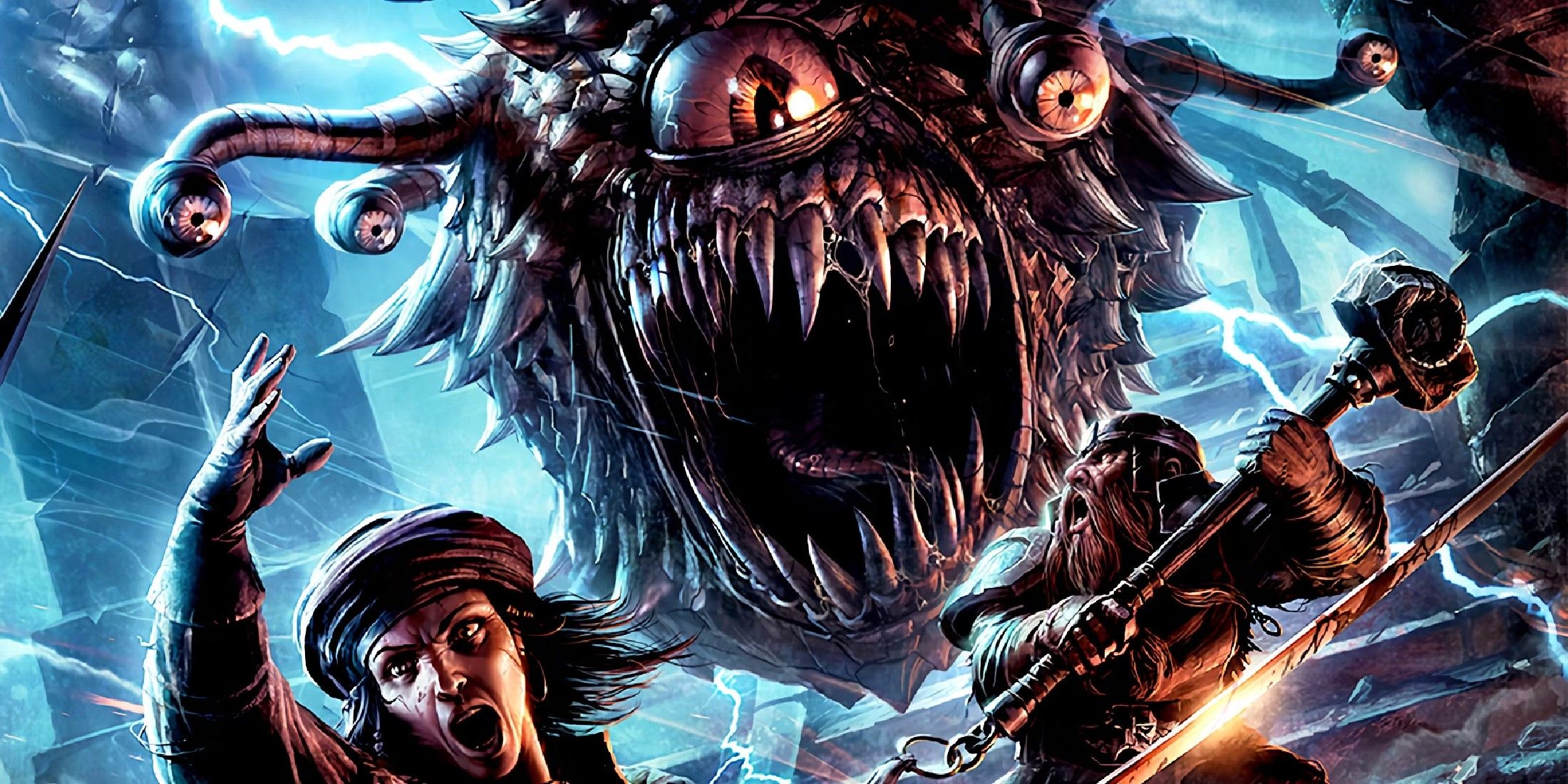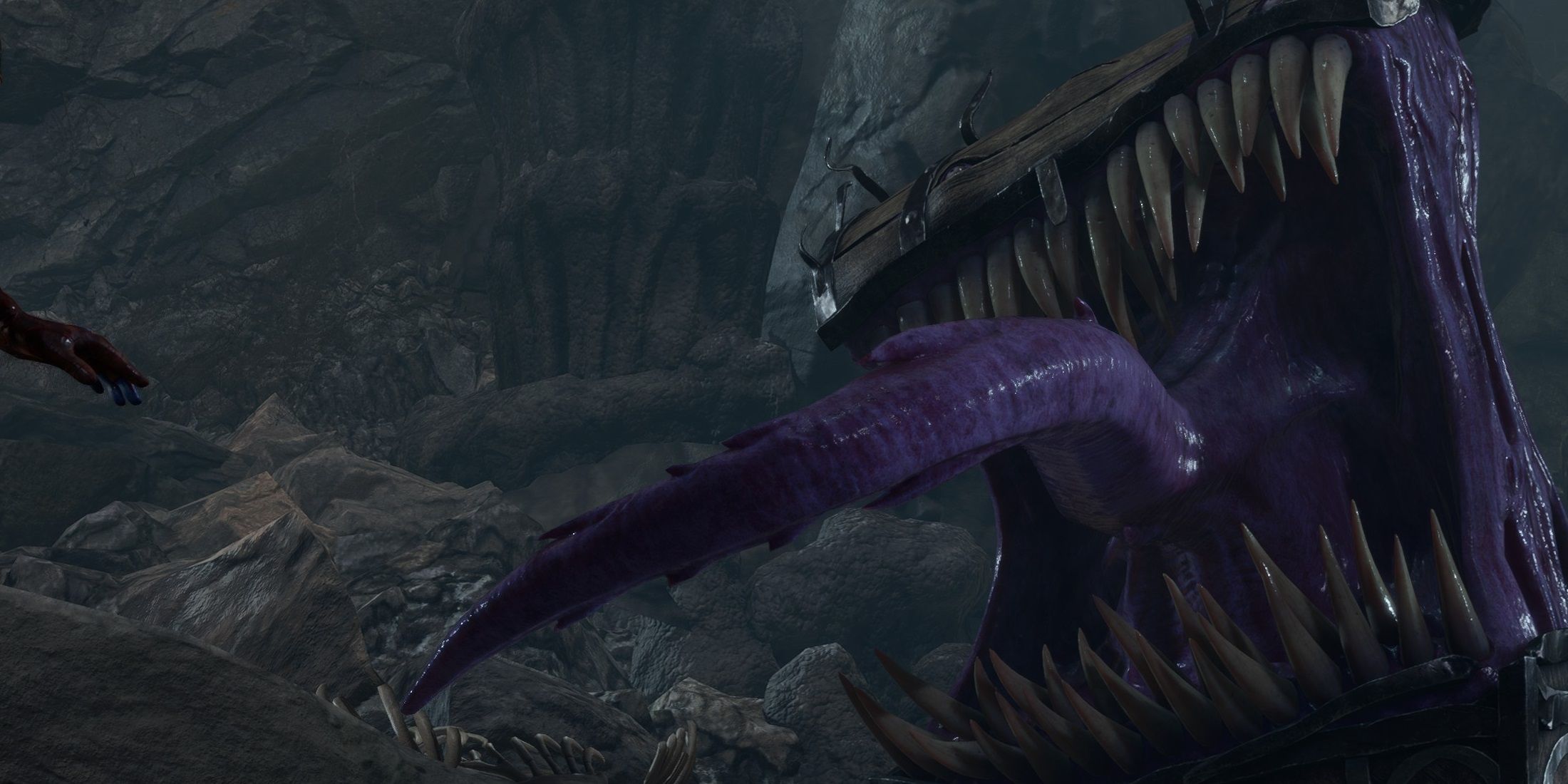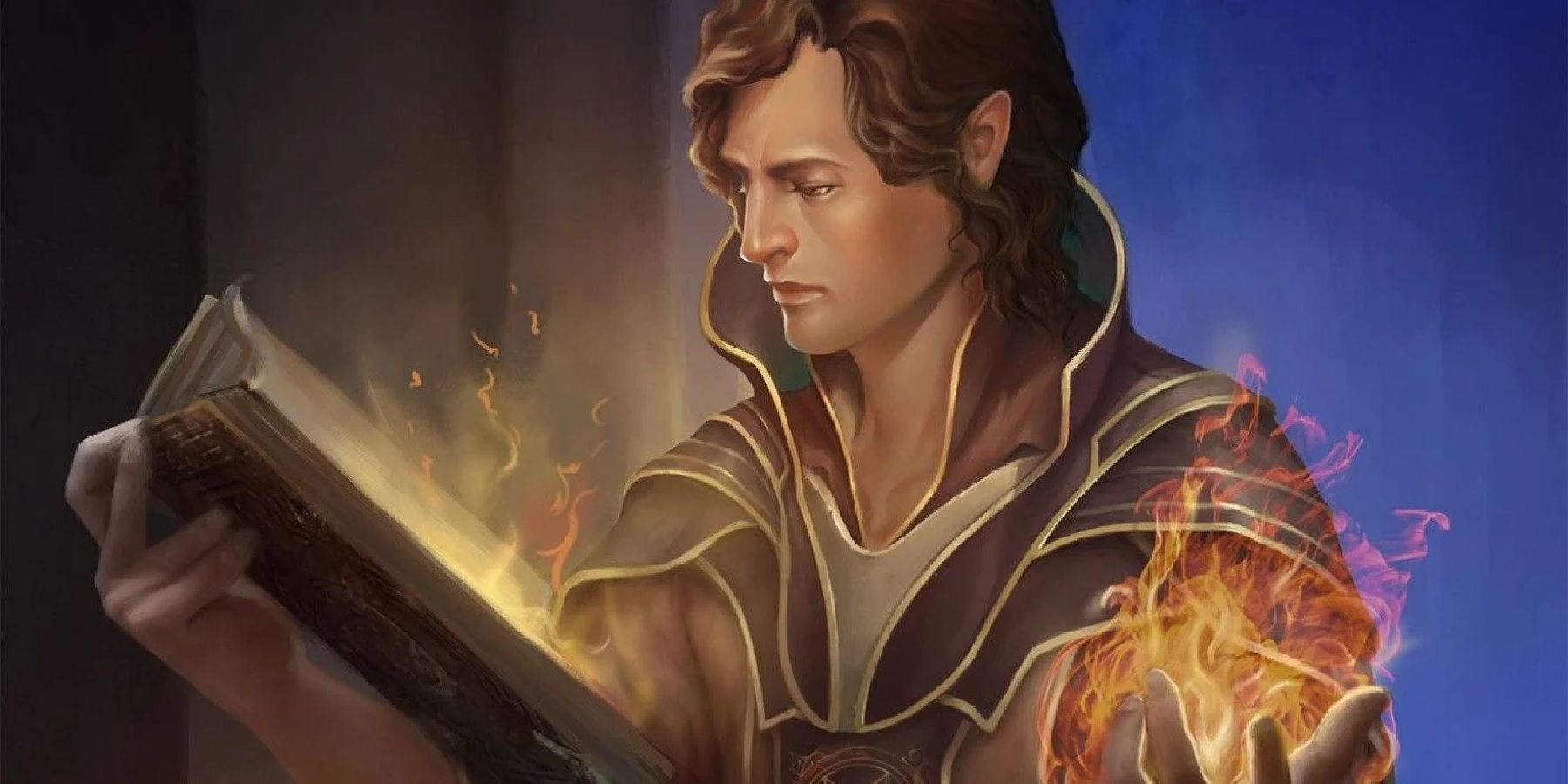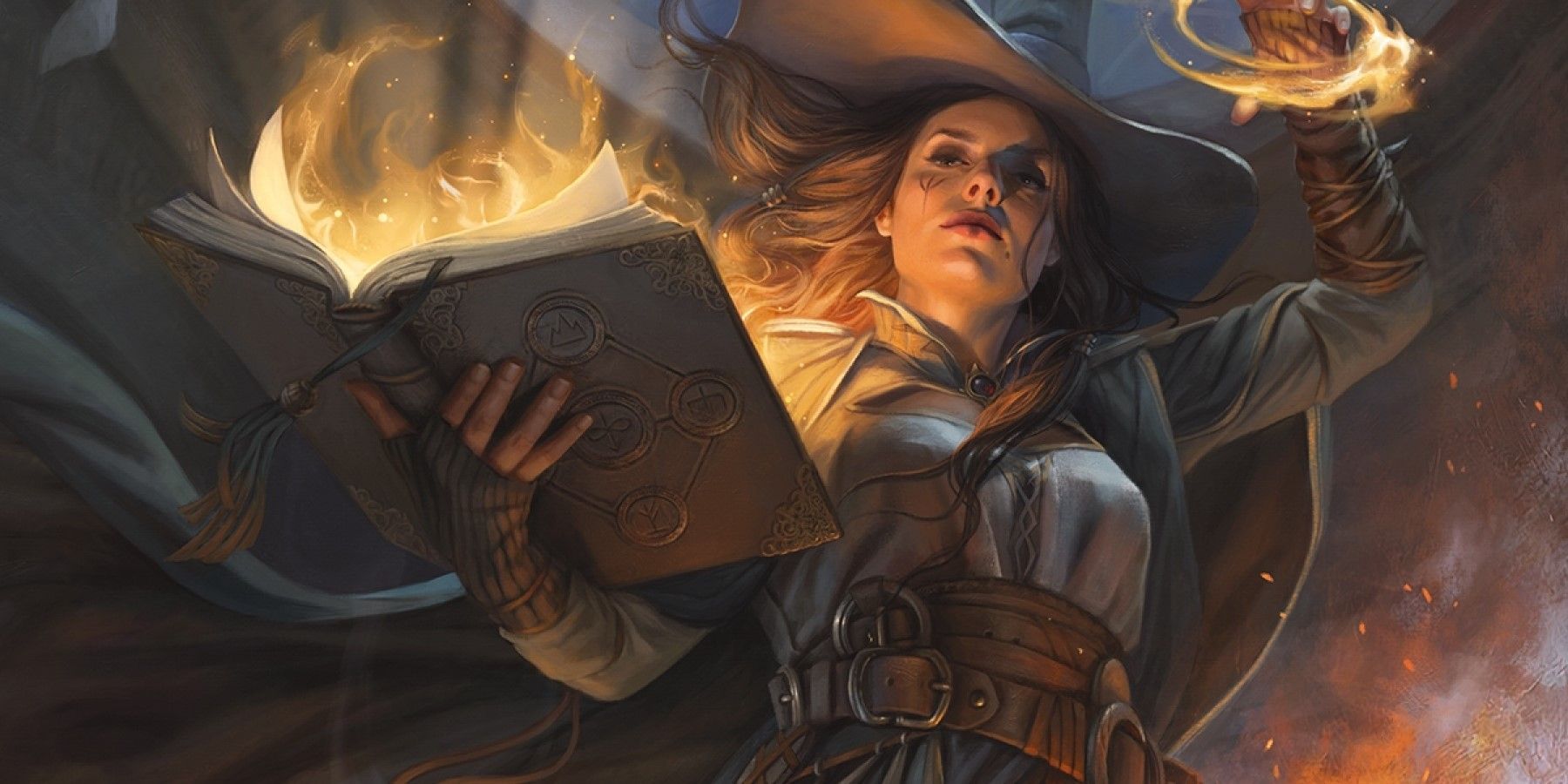Highlights
- The newest edition of Dungeons and Dragons, called One D&D, is running a playtest with changes to classes like the Wizard and adjustments to core elements like backgrounds and feats.
- Changes to the Wizard class include dropping magic school labels and reducing subclasses to four. Subclasses now offer more spells.
- The Evoker gains a swap in spell levels for better early-game effectiveness, and the Abjurer gains a spell slot-based system for replenishing Arcane Ward.
The newest edition of the ever-popular tabletop RPG Dungeons and Dragons, called One D&D, is currently running a playtest with changes to classes like the Wizard. This version of the game also makes adjustments to other core elements like backgrounds and feats. New features are also coming to One D&D, which developers hope will improve the experience of new players and enhance the campaigns of the game’s veteran DMs and adventurers.
The One D&D playtest is on its seventh iteration at the time of writing, and it’s continuously adjusting its changes and additions to ensure the game is polished and balanced by the time it hits the shelves in 2024. Perhaps the most exciting new feature is the Bastion System, which essentially has players create and customize a base for their party. However, the impactful changes are centered around the game’s core classes, with the Wizard getting some reworks to its subclasses and spells.
Less is More When it Comes to Wizard Subclasses in One D&D
The most significant changes to the One D&D Wizard target subclasses. First, the Magic School labels have been dropped in favor of more concise titles. For example, Wizards in the School of Divination are now called Diviners. The roster has also been shaved down to just four: Abjurer, Diviner, Evoker, and Illusionist. This set received some updates to make up for the loss of Transmutation and Necromancy. Each subclass used to provide gold and time discounts for copying their specialized spells. In One D&D, they just give out more spells. Two spells get added when the player chooses a subclass, plus another one every time they get a new spell level.
A seemingly small, but ultimately significant change to the Evoker subclass is the level swapping of Sculpt Spells (Level 2) and Potent Cantrip (Level 6). The developers realized that players often relied on using Evocation cantrips at lower levels, as they’re fast and easy to cast. Potent Cantrip, which lets enemies receive half the damage of a spell when they make a successful saving throw, ensures that Wizards can make the most of their spells during the early game. When they acquire big and powerful spells as they level up, they’ll need Sculpt Spells to protect their allies from damage.
The Abjurer can now replenish their Arcane Ward’s HP by simply burning a spell slot instead of casting the necessary Abjuration spell to do so. Improved Abjuration was also replaced by a new feature called Spellbreaker, which modifies Dispel Magic so that it doesn’t need to be prepared and that it can be cast as a bonus action. According to Jeremy Crawford, D&D’s Lead Architect, the Spellbreaker feature not only improves the subclass’ overall effectiveness, but also reinforces the identity of the Abjurer as a Wizard that protects its allies by negating or blocking the opponents’ magic.
A Look into the New Spell Versions in One D&D
Spells like Jump and Counterspell, which Wizards and other magic users can utilize, have received some reworks. The former is now a bonus action and consumes a constant of 10 feet of movement to jump at max range (30 feet) instead of depending on speed. Counterspell used to rely on the player’s difficulty class roll to successfully trigger. The devs found that this allowed players to interrupt the spells of even the strongest magic users quite easily. To account for the pedigree of the opponents the player uses the skill on, Counterspell is now based on the target’s Constitution saving throw. When they fail, the spell they're working on also fizzles out.
Other spellcasting classes like the Warlock and Sorcerer received big improvements to their kit, which make the Wizard’s changes in One D&D look quite paltry. However, it can be argued that this class may not need sweeping changes in the first place. It continues to be one of the most powerful classes in the game due to its ability to learn almost every spell with ease and efficiency. The latest updates to its subclasses only secure its spot as the top spellcaster, even in One D&D.
One D&D is currently in development and is set to release in 2024.

